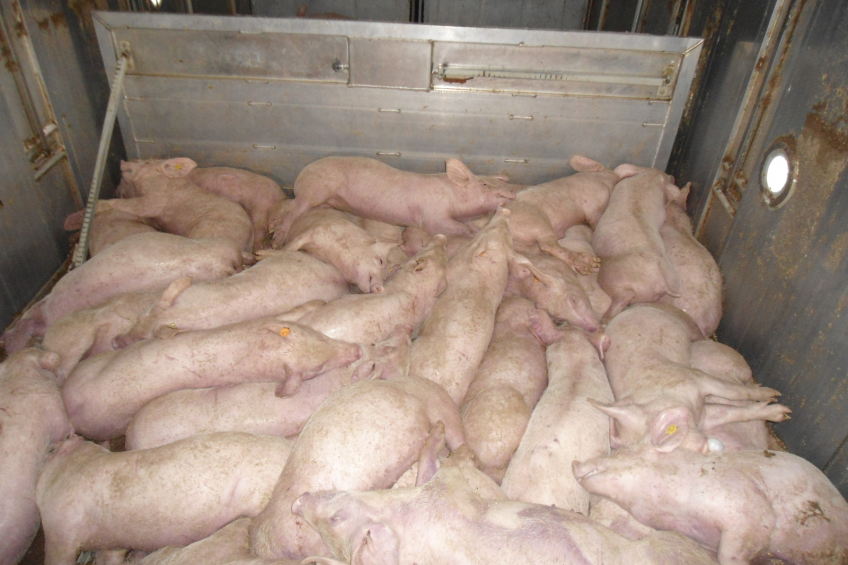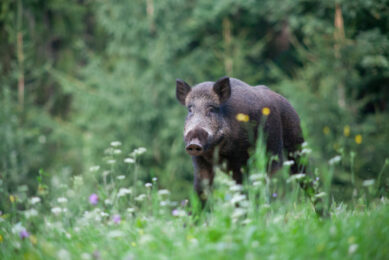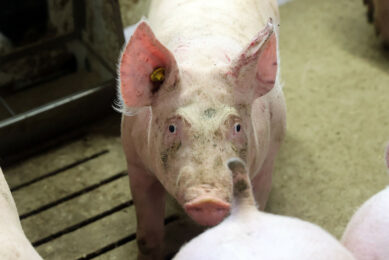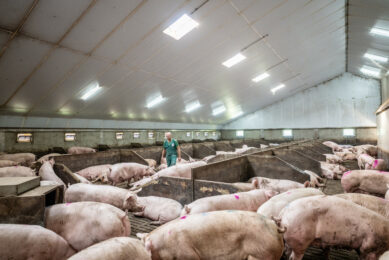Research in pig decomposition helps crime fighters

In what is said to be unique research for Western Europe, researchers are studying the decomposition of dead piglets to help crime fighters better interpret forensic evidence.
A new study at the Veterinary Knowledge Centre for the East of the Netherlands (VKON), is letting dead piglets of 1 to 10 kg decompose in the open air, on a special strip of land, and individually shielded by a cage, Dutch newspaper AD reports.
Pigs and humans are alike
The researchers chose pigs as they can be compared to humans with regard to their physiological appearance; also the way their bodies decompose is similar. In court cases, an estimate supported by science usually is valued more than an expert’s opinion.
The researchers aim to closely observe and monitor stages of decomposition. It is hoped that eventual conclusions will lead to a scientific method to establish time of death. This will allow more targeted research by crime fighters into the circumstances that surrounded the passing of a person.
How quickly do bodies decompose?
The ‘decomposition method’ demonstrates how quickly a body decomposes and which factors might influence this. Leading scientist and forensic anthropologist, Tristan Krap, said, “It does make a difference whether someone passed away weeks or months ago. Police research can then be targeted to a specific time frame, which saves work.”
Since the weather is influencing the piglets’ decomposition, the research is repeated every season (spring, summer, fall, winter) with 4 pigs. Krap states that after 4 years, sufficient amounts of evidence will be available to develop a near-convincing method to determine the moment of death.
Piglets that died from crushing
For the project, the researchers will use piglets that have died from crushing in regular pig production. This way, pathogens are ruled out from the research, as these might influence the way the animals have died.
Krap conducts the research together with students at the VHL University of Applied Sciences.











